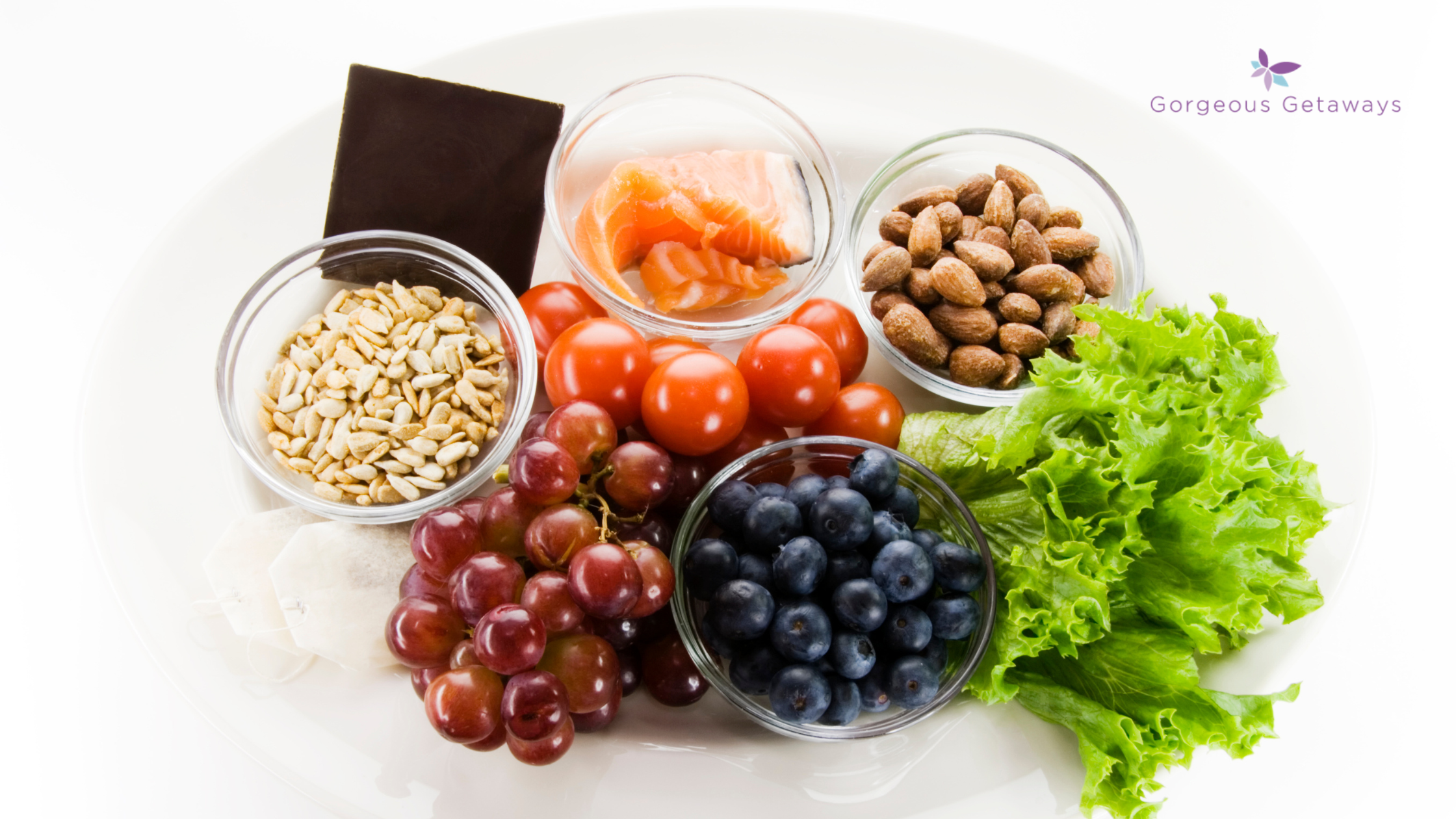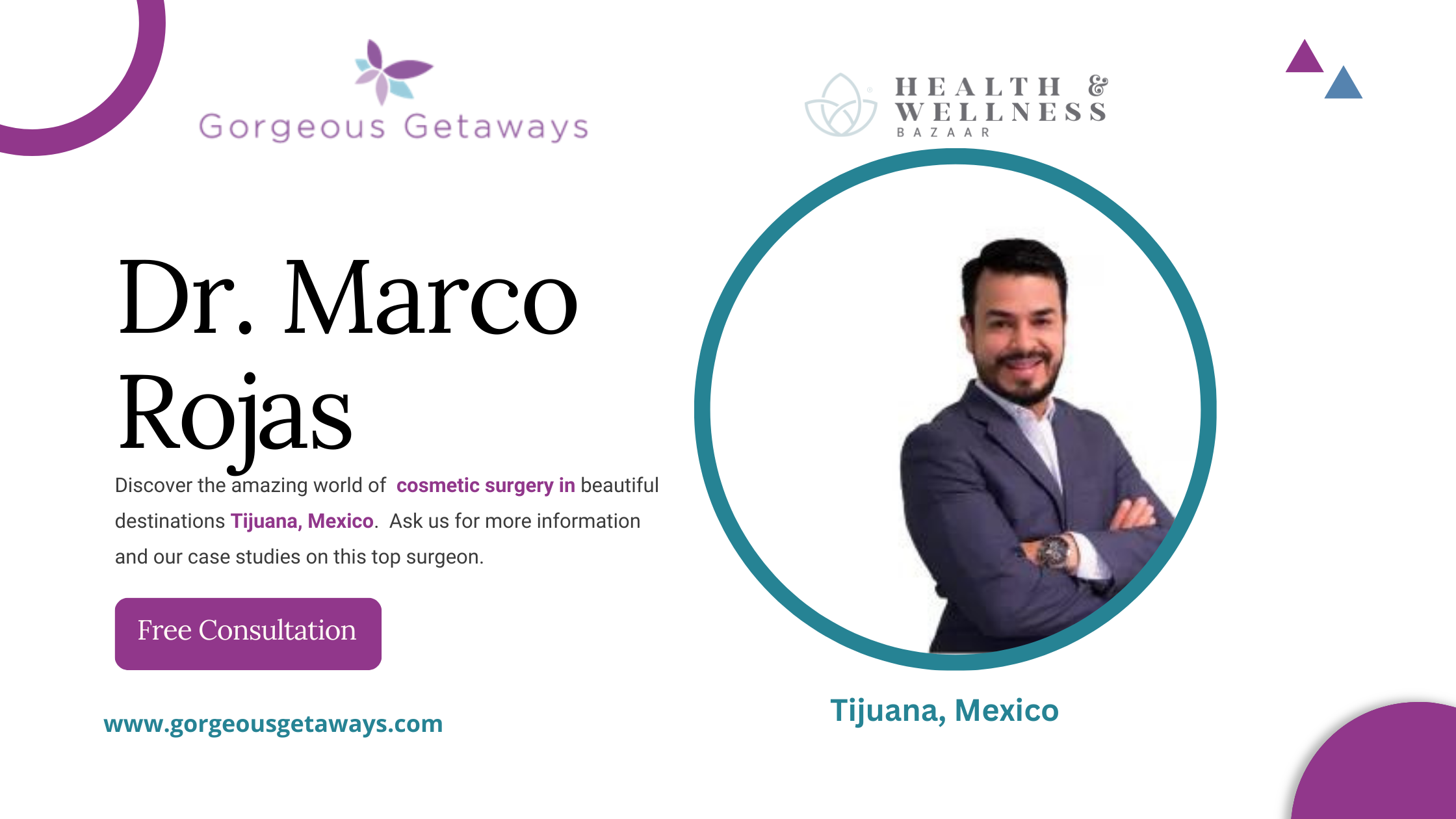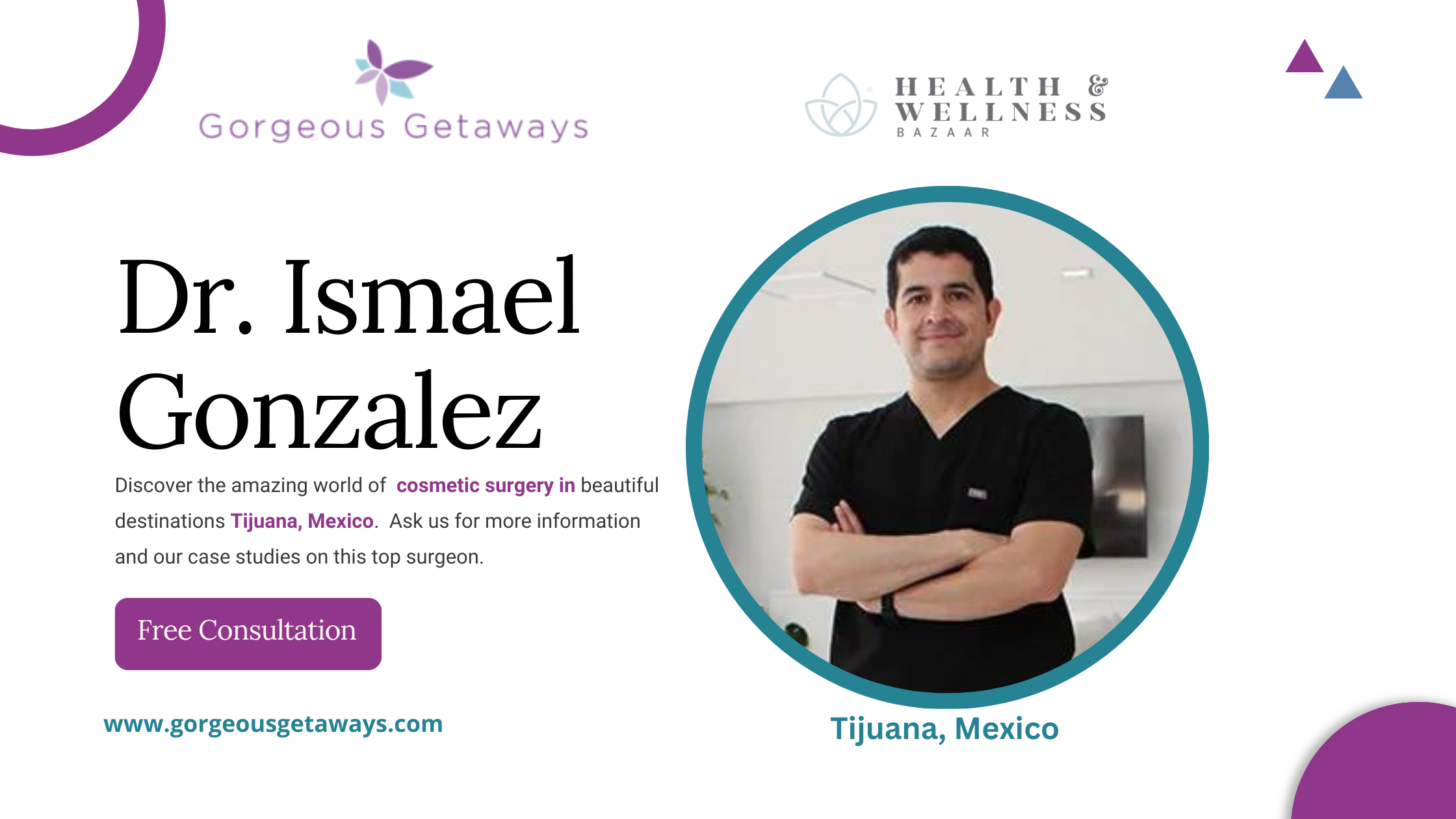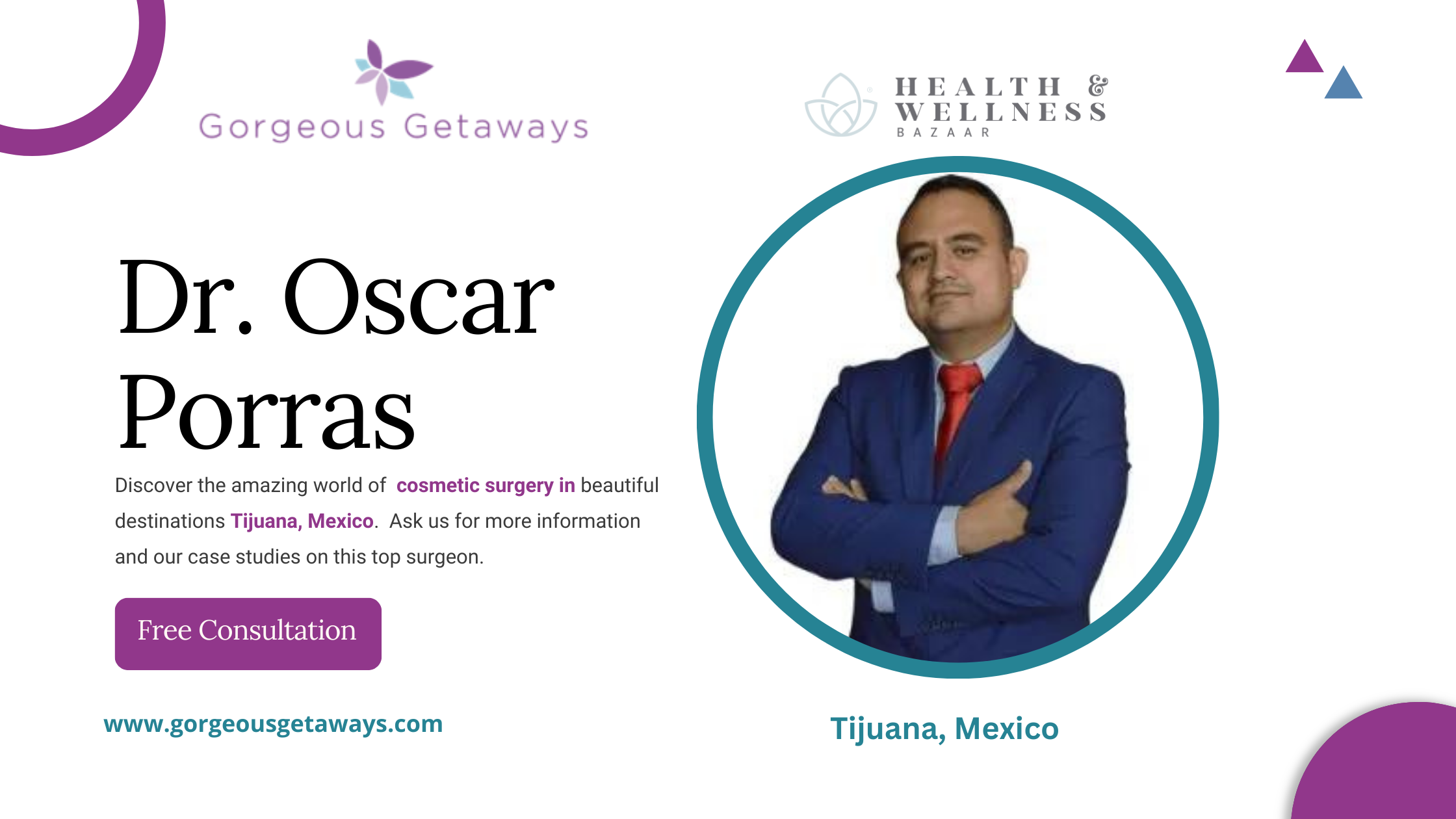After surgery, it’s important to choose the right types of food to help your body heal and recover. A well-balanced diet that provides essential nutrients for healing and recovery can help speed up the healing process and prevent complications. At the same time, it’s also important to avoid certain foods that can slow down the healing process or cause digestive discomfort. We offer several accommodations in popular destinations that have kitchens that allow you to cook and prepare your own food following surgery.
Foods to Eat After Surgery:
- Protein-rich foods: Protein is an essential nutrient for repairing and building tissues, including those damaged during surgery. Good sources of protein include chicken, fish, tofu, Greek yogurt, eggs, and legumes. Aim to consume at least 0.8 grams of protein per kilogram of body weight per day to support the healing process.
- Fiber-rich fruits and vegetables: Fiber can help prevent constipation, which is a common side effect of pain medication after surgery. Good sources of fiber include leafy greens, berries, apples, carrots, and beans. Eating a variety of colorful fruits and vegetables can also provide essential vitamins and minerals to support healing.
- Iron-rich foods: Iron is crucial for producing red blood cells, which transport oxygen to healing tissues. Good sources of iron include red meat, poultry, fish, beans, and fortified cereals. Consuming vitamin C-rich foods along with iron-rich foods can help improve the absorption of iron.
- Vitamin C-rich foods: Vitamin C is important for wound healing and collagen production. Good sources of vitamin C include citrus fruits, berries, tomatoes, bell peppers, and leafy greens.
- Foods high in calcium: Calcium is essential for maintaining strong bones and healing after surgery. Good sources of calcium include dairy products, leafy greens, and calcium-fortified foods.
- Probiotic-rich foods: Probiotics can help promote a healthy gut, which is important for overall health and healing after surgery. Good sources of probiotics include Greek yogurt, kefir, sauerkraut, kimchi, and pickles.
Foods to Avoid After Surgery:
- Processed and fatty foods: Foods high in saturated and trans fats can slow down the healing process and increase inflammation in the body. Processed foods and junk foods are often high in unhealthy fats, salt, and sugar, which should be limited after surgery.
- Foods high in salt: A high-salt diet can lead to fluid retention and increase swelling after surgery. Processed foods, such as canned soups, pre-packaged meals, and snack foods, are often high in salt.
- Spicy and acidic foods: Foods that are spicy or acidic, such as tomatoes and citrus fruits, can cause digestive discomfort and heartburn after surgery. It’s best to avoid these types of foods or consume them in moderation until the digestive system has fully healed.
- Alcohol: Alcohol can slow down the healing process and increase the risk of bleeding after surgery. It’s best to avoid alcohol for at least the first few weeks after surgery, or as directed by your doctor.
- Caffeine: Caffeine can increase heart rate and blood pressure, which can be harmful after surgery. It’s best to limit or avoid caffeine, especially in the first few weeks after surgery.
In conclusion, eating a well-balanced diet that provides essential nutrients for healing and recovery can help speed up the healing process and prevent complications after surgery. At the same time, avoiding certain foods that can slow down the healing process or cause digestive discomfort is also important. It’s best to listen to your body and consult with your doctor or a registered dietitian for personalized nutrition recommendations.
Accommodation with Kitchen Suites
The following accommodation options have kitchen suite options. Please ask us for more details.
Malecon Suites – Cancun Mexico
Malecon Suites Cancun is a luxury hotel located in
Pullman Hotel Kuala Lumpur – Accommodation Package
Note: When booking your surgery package you only
Micasa Hotel – Spacious Budgetary Option – Kuala Lumpur, Malaysia
An Overall Favorite! A favorite with our












I appreciate your advice about eating fiber to prevent constipation. You were right that constipation is a common side effect of pain medications. My sister already suffers from constipation commonly. I’m sure it will be much worse when she undergoes surgery.